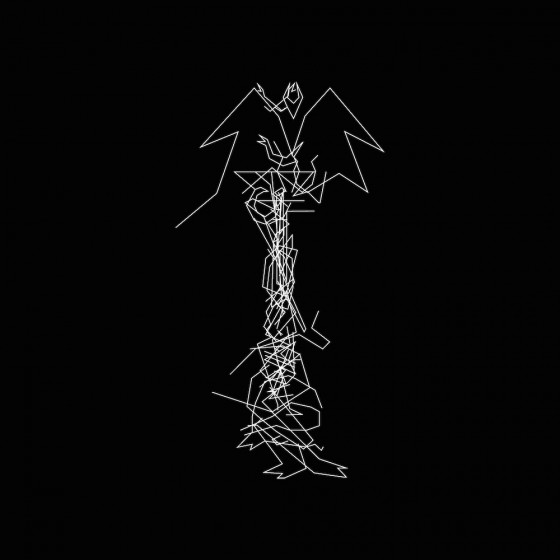There are few genres as broad in scope and inexpressible in nature than what Daniel Lopatin has created for himself.
The Massachusetts native has been releasing music at a steady clip for close to a decade now under the decidedly obtuse moniker Oneohtrix Point Never. It’s a handle as weird as the art it generates; a pulsing, ambient throb of electronica and sample-based drone dubbed “plunderphonics.” His albums, from 2007’s Betrayed in the Octagon to 2011’s Replica, are a concentrated assault of noise that lies squarely on the razor’s edge of electronic music. On Garden of Delete, his seventh outing as OPN, Lopatin ups the ante in a way that doesn’t lose its listener so much as abandons them.
It is important to note that that is hardly a bad thing. The lively soundscapes of Garden of Delete are futuristic, hinging on alien. In preparation for its release, Lopatin established a narrative universe for the album’s protagonist, a teenaged alien named Ezra, through a series of clues and blog posts scattered across abandoned years-old WordPress pages and mysterious audio recordings. The concept underpinning the sounds of Garden of Delete is loose, but fleshed-out enough to feel engaging. For what it’s worth, this is the first Oneohtrix Point Never album to be accompanied by a lyric sheet, though the modulated, alien voices that sing them are often unrecognizable in the mix.
The richness of Lopatin’s sonic palate is unlike just about anything else this year. Manic, lightspeed synth; crushing, distorted bass; and sample work that sounds totally detached from its source material all converge to make something utterly foreign. If Replica and Returnal are all about cool ambience, Garden of Delete is their maximalist antithesis. Coming off a tour supporting Nine Inch Nails last year, Lopatin seems to have returned to the producer’s chair with the clear intent to make the loudest, busiest record he could. He draws inspiration from metal and industrial music, merging Metallica with Richard D. James in a way that simultaneously rips into and pays tribute to the former for its vapidity and evolves and reshapes the latter.
Lopatin continues to revolutionize what can be done with a sampler. He takes from everything; a bluesy lick from a dusty John Martyn record on “ECCOJAMC1;” a snippet of Hans Reichel’s classical, gut-stringed guitar on “No Good.” Trying to source every sound on Garden of Delete would take untold effort. The samples add both musical shape to the tracks and surprising emotional depth – the chilling sample of a supposed “feral child” from a 1990 HBO documentary that opens “Child of Rage” is at once deeply frightening and profoundly moving.
Garden of Delete is a masterful outing from a masterful producer. Lopatin has spent the better part of a decade honing his craft, and at this point he is utterly unmatched in terms of his ability to combine the alien with the distinctly familiar. It’s like something out of a dream: no other album this year will sound quite so exotic, yet feel so personal.
9/10















